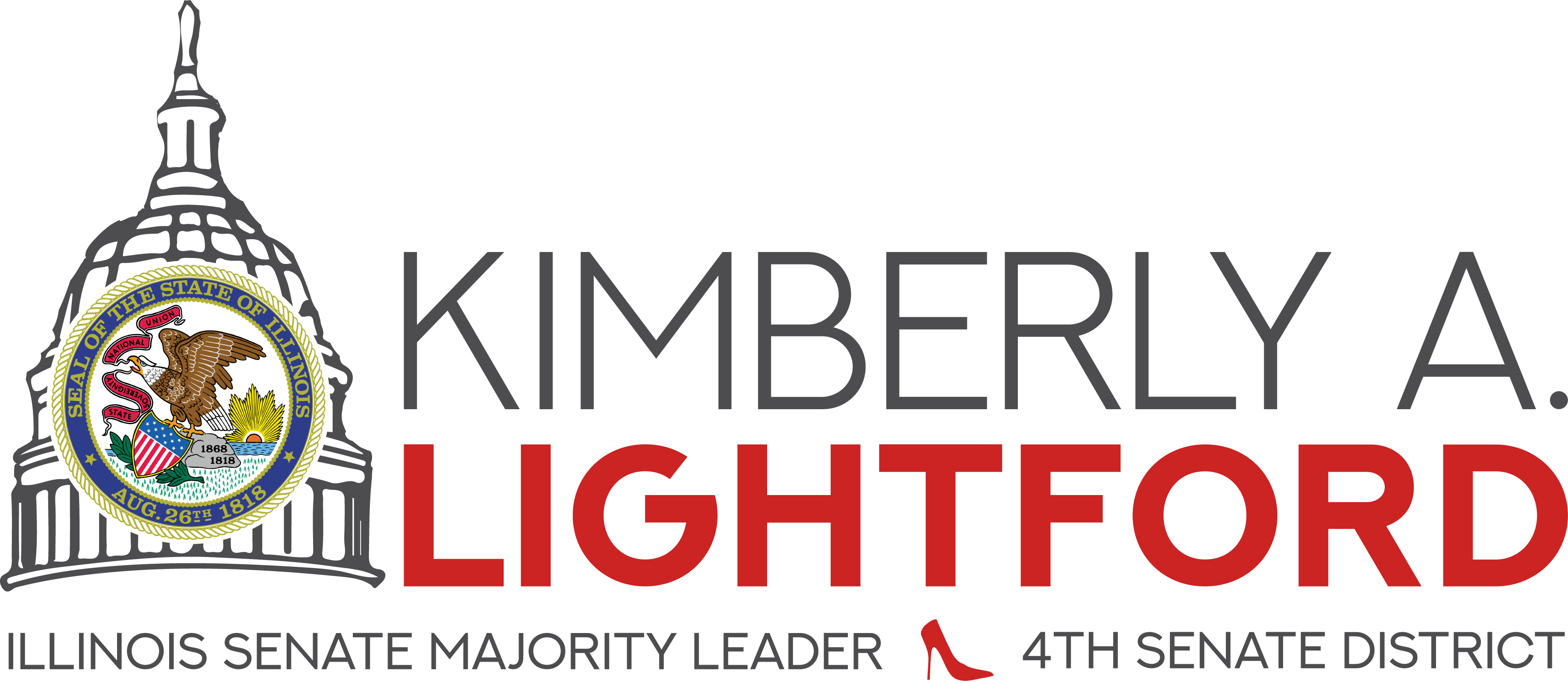CENTREVILLE, Ill.—The Illinois Legislative Black Caucus unveiled the fourth and final pillar guiding its agenda to eliminate systemic racism Friday during a press conference at Touchette Regional Hospital in Centreville.
The Black Caucus will focus their efforts on ending disparities in health care and human services, ILBC Chairman Kimberly A. Lightford (D-Maywood) announced.
Lightford said racism remains a major factor in the health of African Americans and their access to quality, affordable care.
“Discrimination within our institutions is killing Black people in Illinois,” Lightford said. “The vast disparities in medical care and other vital services in the Black communities have never been more apparent than they are right now, in the midst of the COVID-19 pandemic. African Americans have been infected at disproportionately higher rates because systemic racism has left us in the worst position to respond, lacking proper health care, income and housing, among other factors. The Black Caucus will not stop fighting until our government not only supports Black life, but provides an environment for Black Illinoisans to thrive in society.”
Health care and human services is the last of four policy pillars that are guiding the Black Caucus’ agenda ahead of the upcoming legislative session this fall. The pillars are:
I. Criminal justice reform, violence reduction and police accountability
II. Education and workforce development
III. Economic access, equity and opportunity
IV. Health care and human services
Representative LaToya Greenwood (D-East St. Louis) is on the House Health Care Availability & Access Committee.
“We are at a pivotal moment that clearly demonstrates an overwhelming need for strong and effective leadership,” said Greenwood. “The coronavirus pandemic continues to leave a heavy burden in communities of color, which is why access to health care is one of our number one priorities. I am honored to stand alongside my colleagues who share a commitment to improving our social and economic standing – not just for us, but for our children, grandchildren, and all future generations.”
Long-time health care advocate, Senator Mattie Hunter (D-Chicago), said that oppression has always been a barrier to quality medical care for African Americans.
"Black people have been disrespected, abused and misused for centuries in the name of health care," Hunter said. "Food security, housing, employment, and education are all aspects that have been bastardized by systemic racism. We need a plan that addresses and solves these issues, so that African Americans can begin to be valued, protected citizens of our state."
Senator Christopher Belt (D-Centreville) said that all people, regardless of their background, deserve quality health care resources.
“It’s 2020. We can’t wait another minute for social equity, diversification and inclusion, especially in health care,” Belt said. “No community should be left to suffer, and especially not the communities who helped build this country.”
Representative Camille Y. Lilly (D-Chicago) is the House ILBC Chair.
“Every Illinoisan must have access to quality, affordable health care and social services in their own community. These services must also be offered by providers representative of the diverse people of our state. To ensure that every Illinoisans can access comprehensive, quality health care, including mental health care, we must collectively fight to end disparities in the delivery of these services, the location of hospitals and clinics, and the treatment provided to all patients,” said state Rep. Camille Y. Lilly, House Chair for the Illinois Legislative Black Caucus. “We must also ensure that parents and families in need have access to affordable child care while ending hunger in the lives of our children and their families.”
The caucus plans to have a series of hearings for each pillar. Ten hearings have already been held on the first three. A virtual joint hearing of the Senate Public Health and Human Service Committees will follow the press conference at 2 p.m. on Friday. It will focus specifically on affordable housing and land use policies. It can be viewed here: https://ilga.gov/senateaudvid.asp#. It can also be viewed on www.blueroomstream.com, a subscription-based service.







